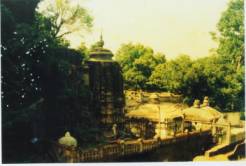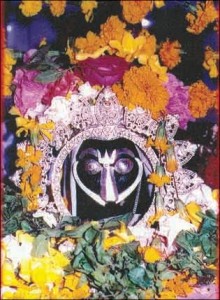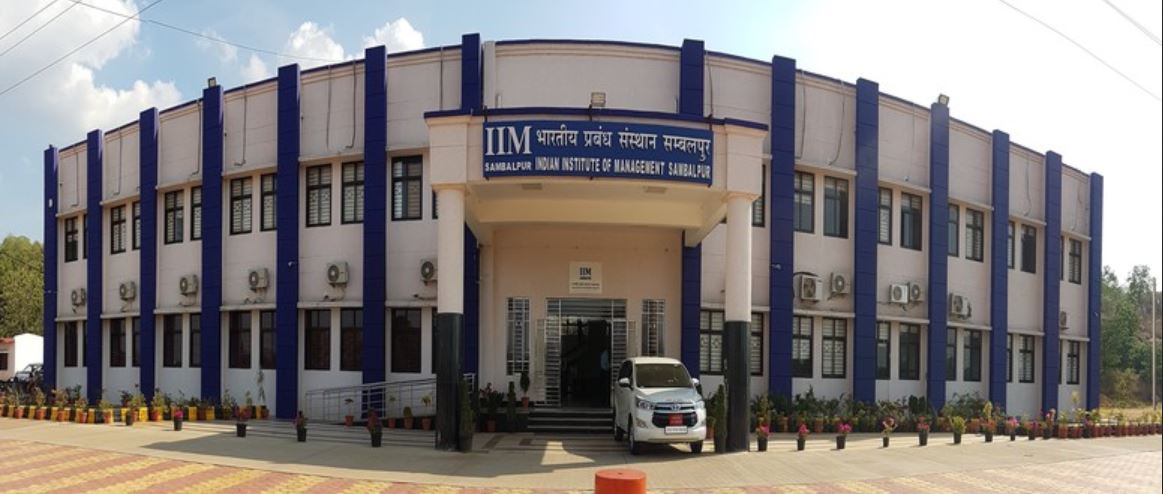Papaharini is the main perennial flow of Gandhamardan
 The main perennial flow of Gandhamardan is PAPAHARINI, literally meaning, the destroyer of sin. it is symbolic of Sanatana -the Continuum of past, present and future. flowing out of the confluence of seven fountains, called SAPTADHAR. It has an avarage width of 12ft. No man-made tributary can flow into it. Nothing can pollute and adulterate it. Running about 25 Kms.
The main perennial flow of Gandhamardan is PAPAHARINI, literally meaning, the destroyer of sin. it is symbolic of Sanatana -the Continuum of past, present and future. flowing out of the confluence of seven fountains, called SAPTADHAR. It has an avarage width of 12ft. No man-made tributary can flow into it. Nothing can pollute and adulterate it. Running about 25 Kms.

It has touched the Anga Tributary and Finally embraud river Mahanadi,the longestion Orissa des cribed as” Manada” in the book of PTOLEMY ( Second Century A.D.) and believed as the Ganga of Kali Yug ( The Iron Age). Papaharini carries with it, a great deal of sanctity. Here Shankaracharya’s Ganga-Stotra, Comes to mind.
VIRMIHA NIRE KAMA IHO MINTH
KIMVA TIRE SHARATAH KSHINAH
ATHAVA SVAPACHO MALINO DINASTAV
NA HI DURE NRIPATI KULINAH
( O Goddess Ganga it is Better to be a tortoise or fish in your water to be a small chameleon on your bank to be born far away from you.)
Shankar, also echoed the Valmikian sentiments of Ganga-Shankar
” i would rather be a bull,house, serpent or elephant near you,rather than be a king far away from you”
The holy Papaharini is referred to be the river of salvation by the people of Chhatishgarh ( the seven southern districts of Madhay Pardesh , such as Bastar , Raipur, Raigarh,Durg,Ganga sarovur. Hance the allusion “CHHITISH GARH KA GANGA” One can spend hours in contemplation, Siting on a rock or under a tree, by her side. Peopleare forbidden to catch fishes in Papaharini.

The Legendary Tree
The Cradle of papaharini is SATYAAM the legendary Mango-Tree flared up in the Mahabharat. In the Dwapara Yug ( The Copper Age) The five Pandav Brother;s had entered in to theGandhanmardan, during their secret -dwelling .once Bhima the bulky warrior felt hungry in his genes. To one’s utteramazement, a mango-stone sprouted , turned into big tree laden with fruits and is said to have satiated his hunger. At present thereare several mango-trees, growing here and there, at the Satyaam site. thereis a plan of raising more mangosein terraces.
Related
This site uses Akismet to reduce spam. Learn how your comment data is processed.





 IIM Sambalpur
IIM Sambalpur
Leave a Reply